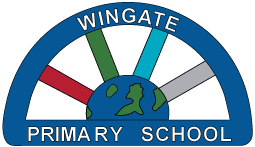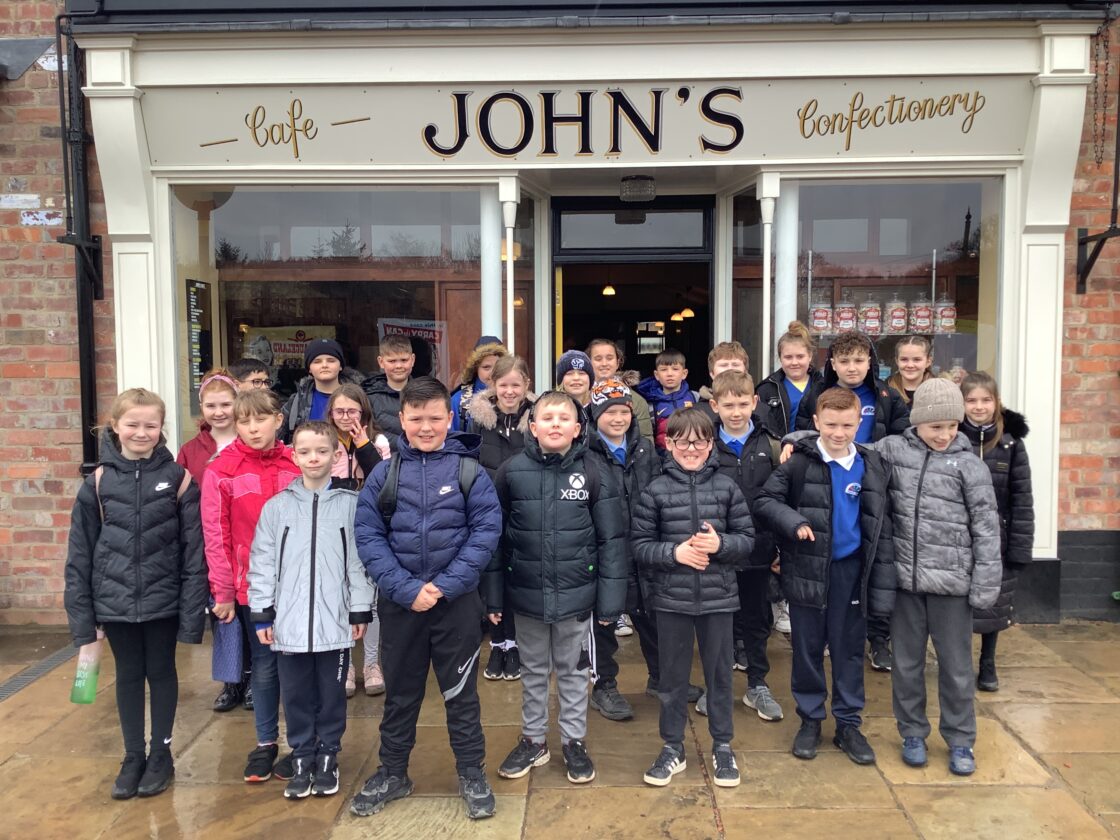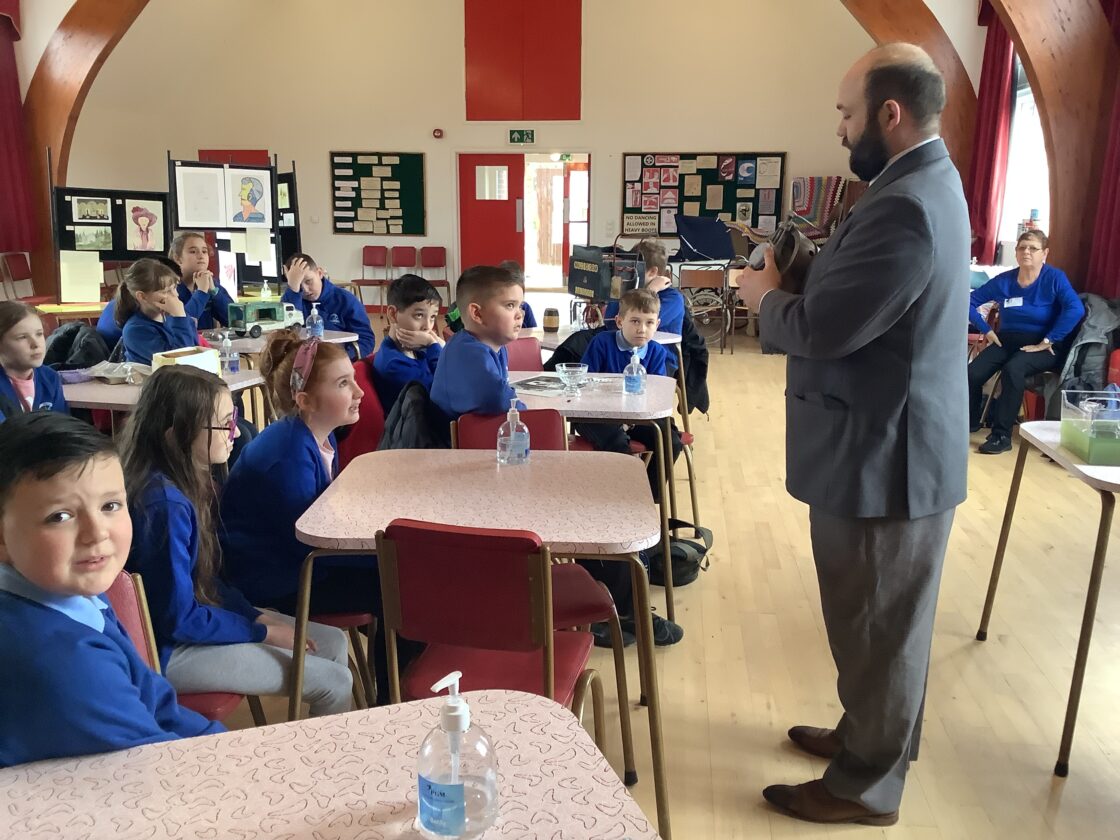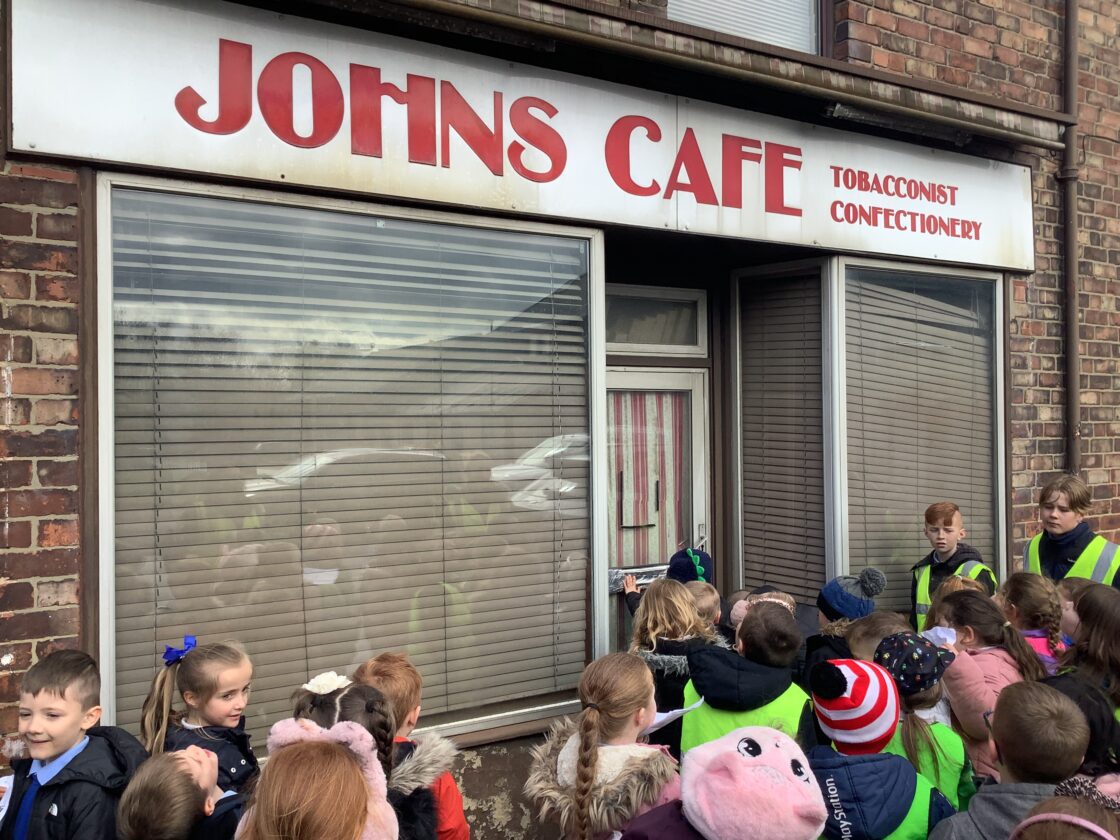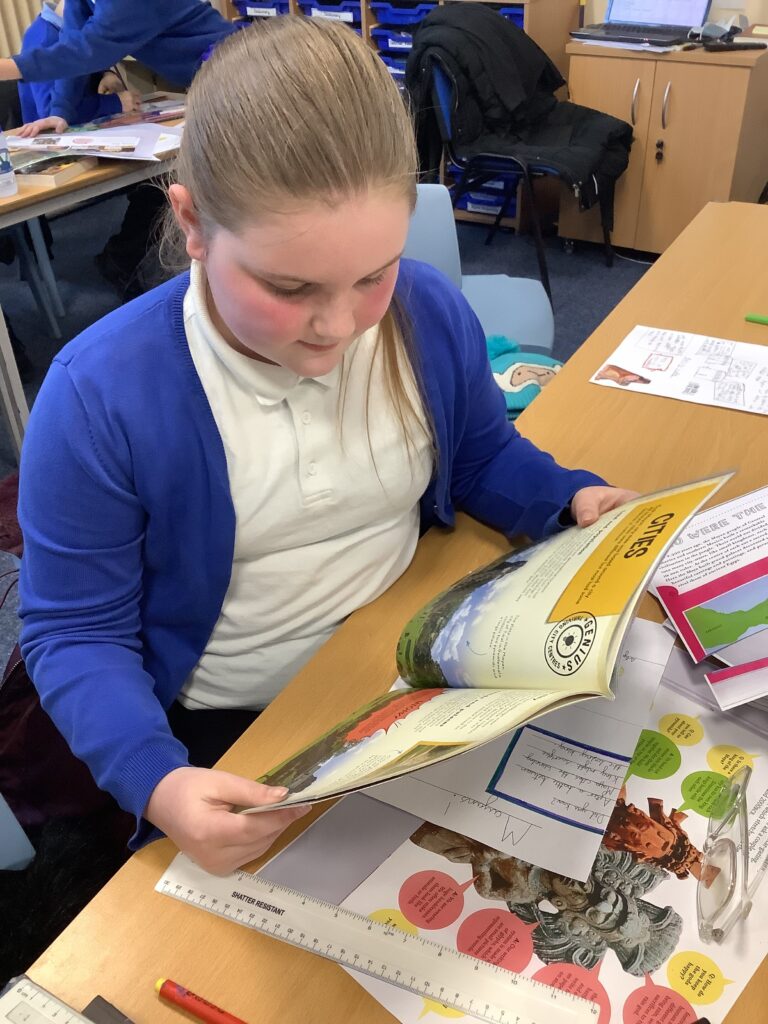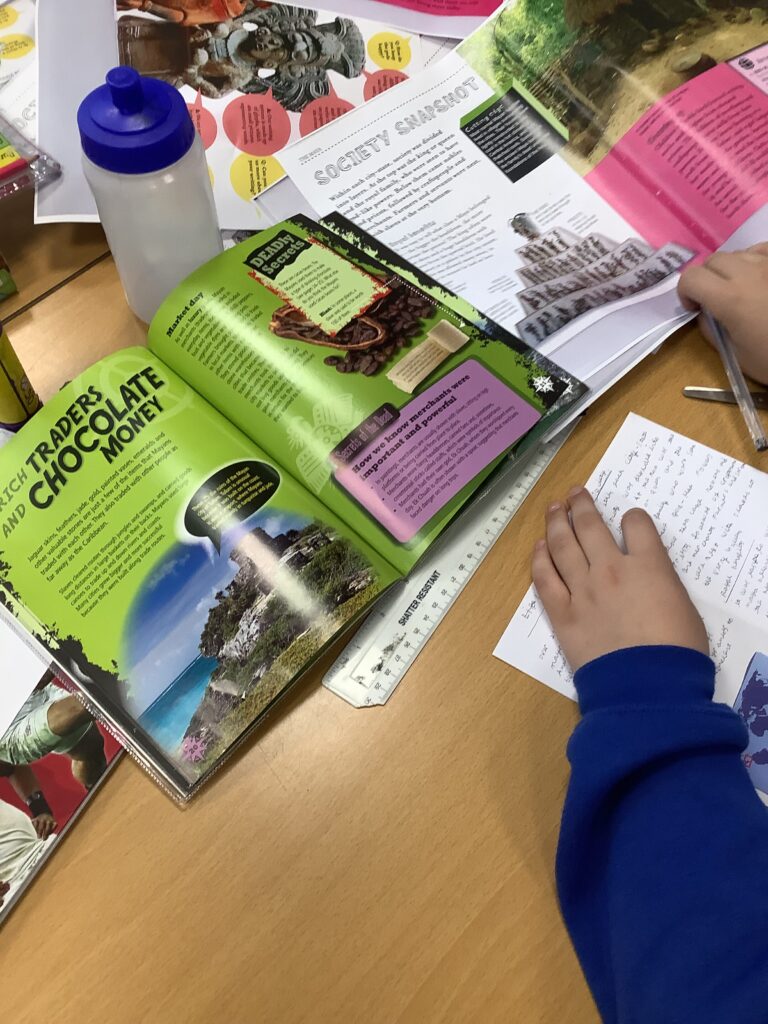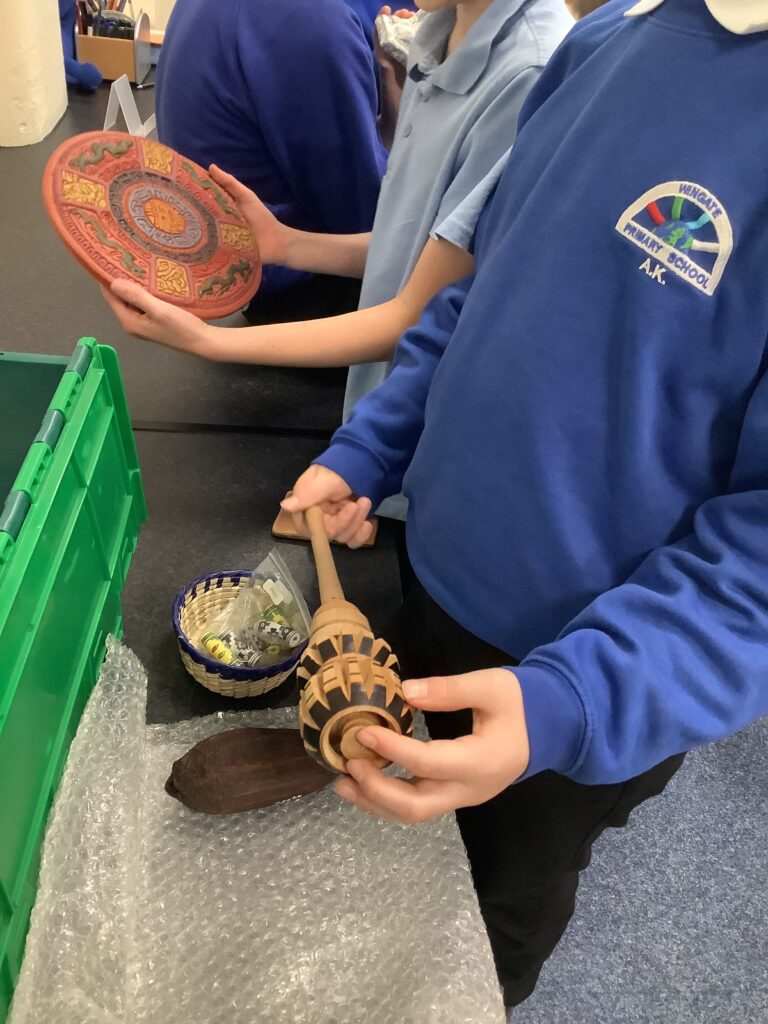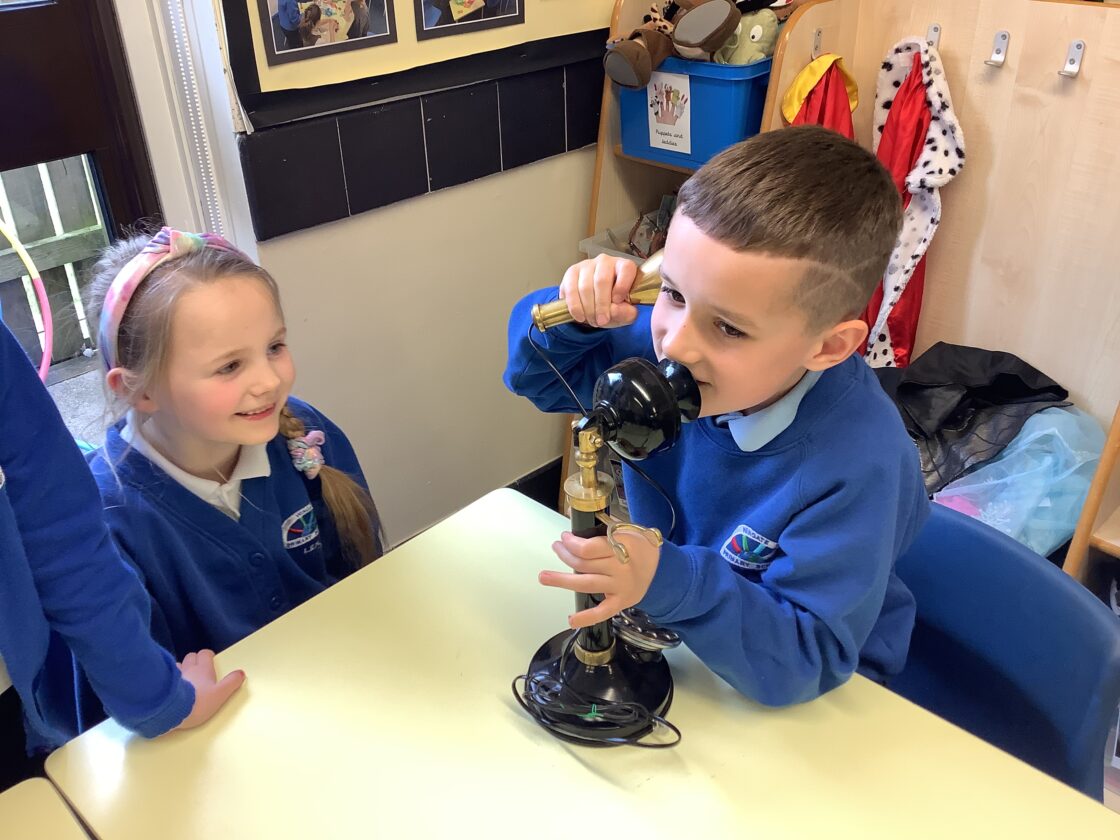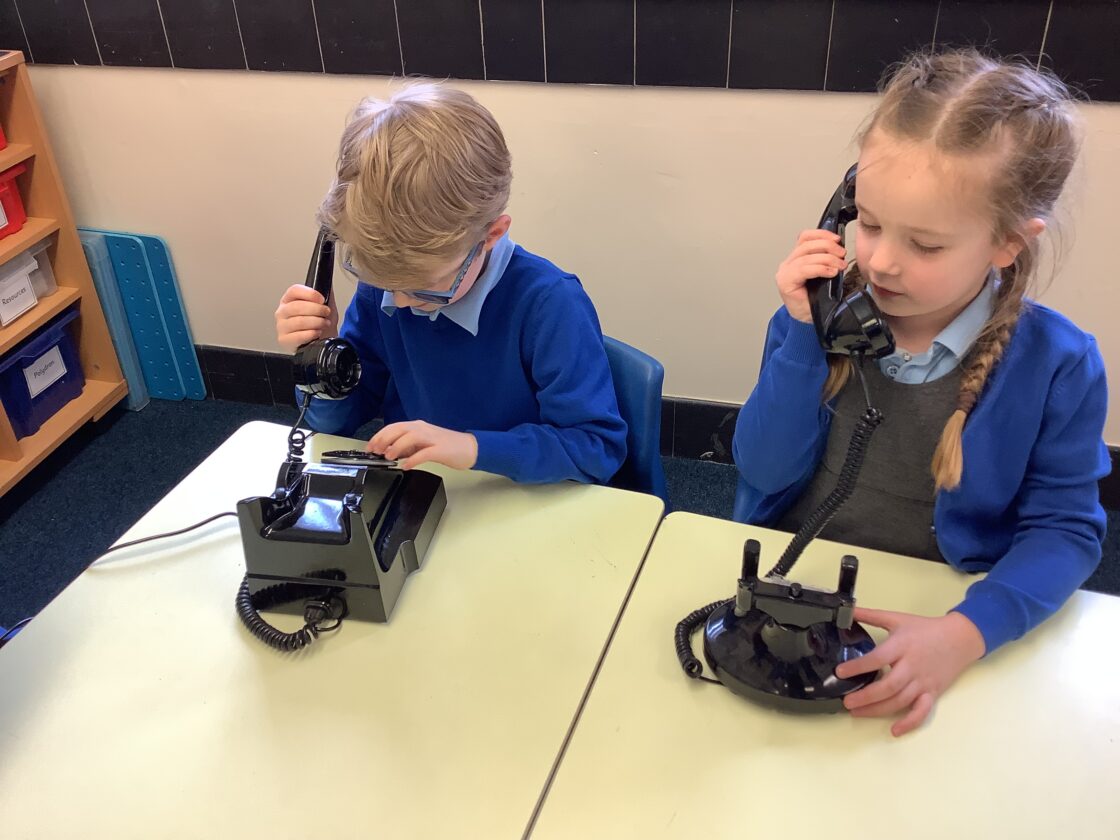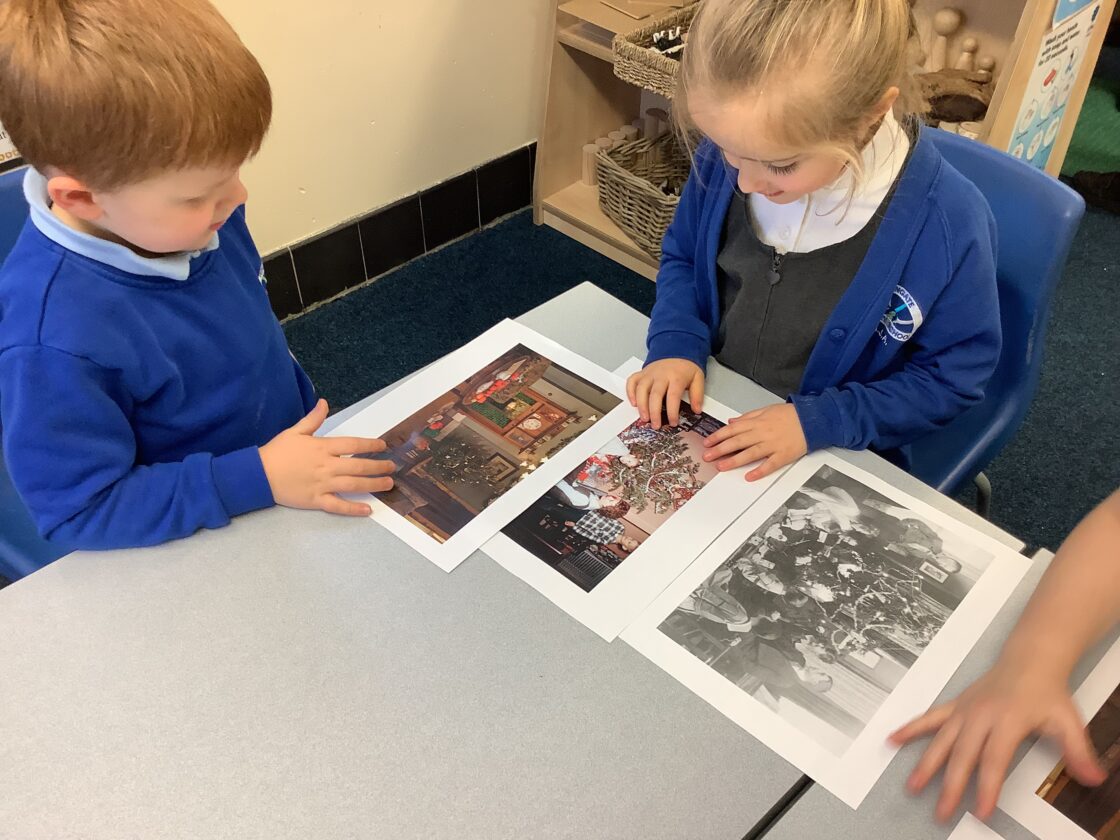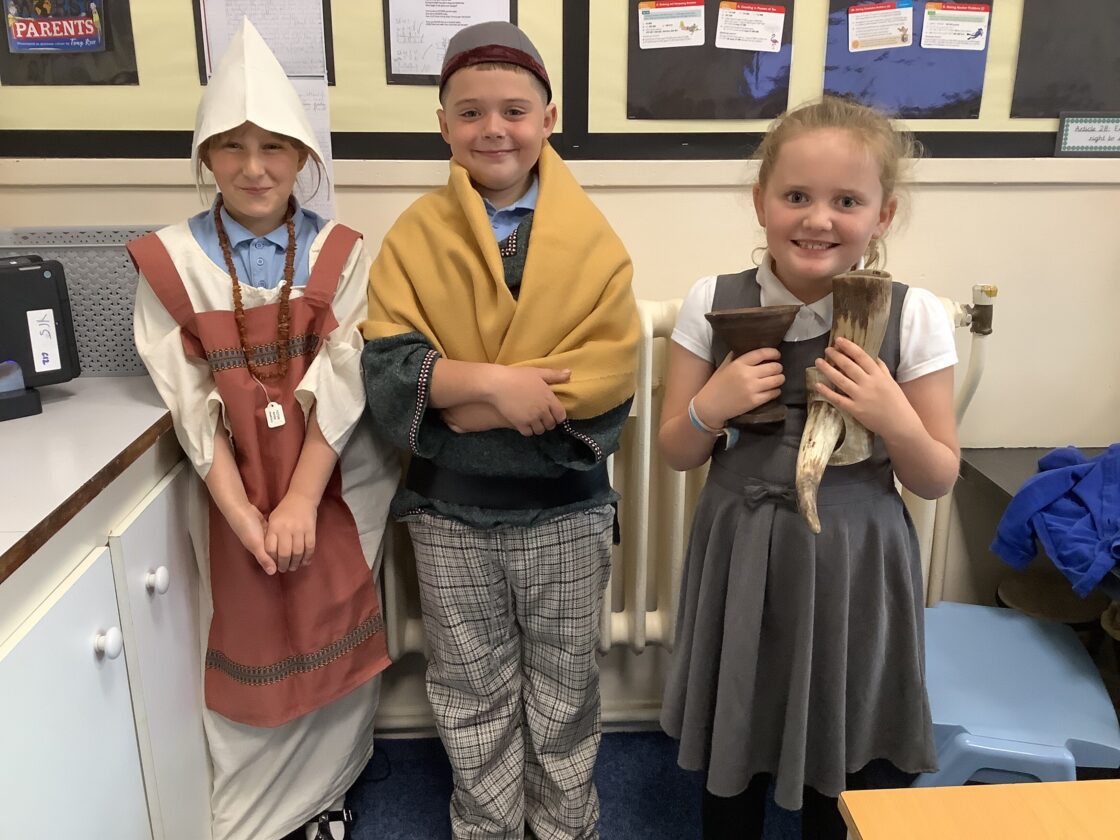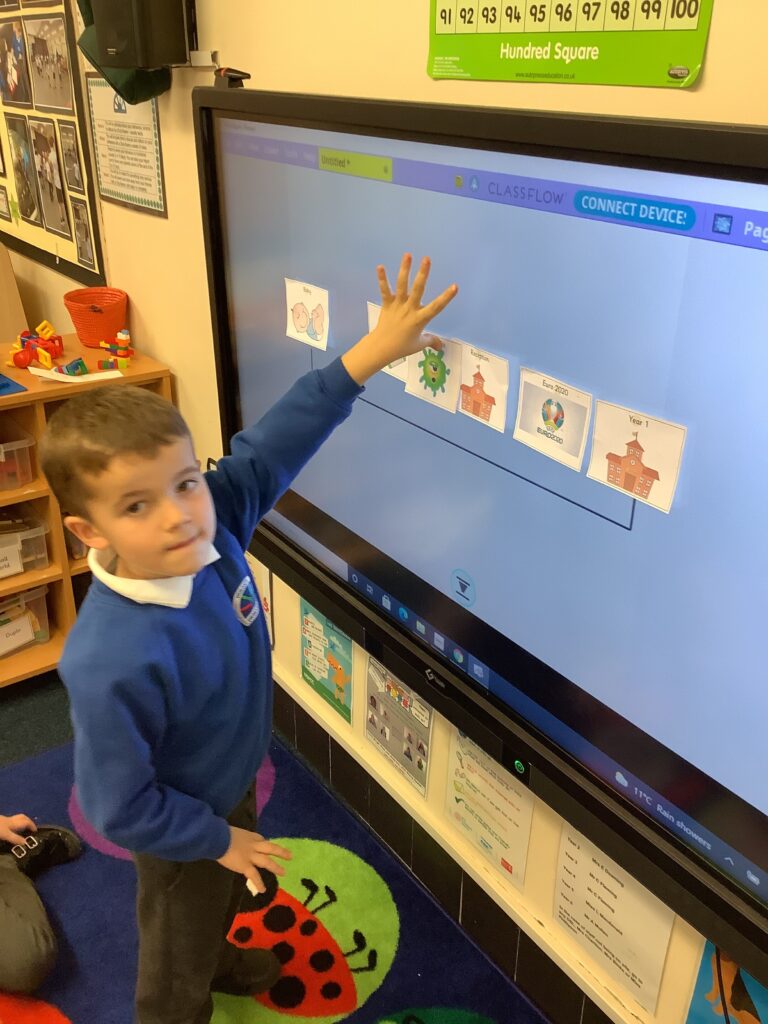Our Intent, Implementation and Impact Statement for History
The rights and dignity of our children are at the heart of everything we do, every decision we and they make and every driver for making progress and helping our children to develop as responsible, valued global citizens who want to make a positive contribution to their and our world.
In our school it is our intent that we help children to develop resilience, perseverance, autonomy and focus. Our children learn that they are valued and valuable, they are independent people in their own right and they have the power to do wonderful, amazing things at every stage of every day.
Every one of our children is a unique individual with their own strengths, aptitudes, interests and dreams. As a school community we will endeavour to support each child to make the most of every opportunity we offer.
We provide enriching experiences to engage learners and in designing and developing our curriculum we have taken into consideration
- how children learn and remember; progress means knowing more and remembering more
- what our children need to succeed in life; the cultural capital they need to make aspirational choices and succeed beyond their time at Wingate Primary School.
The key drivers for our curriculum are:
Ambition and aspiration
Resilience and courage
Autonomy and independence
Perseverance and solution finding
Intent Statement
Our intent for the History curriculum at Wingate Primary School is to inspire children’s curiosity and interest in the past while developing the use of historical vocabulary. It should develop children’s understanding about the lives of people who lived in the past and teach children to understand how events in the past have influenced our lives today. We intend children to investigate these past people and events through the use of enquiry, comparison, analysis and interpretation and to use a range of high quality resources and artefacts to support this. We aim to teach children a sense of chronology, and through this they will develop a sense of identity and a cultural understanding based on their historical heritage.
Implementation
Planning for History is a process in which all teachers are involved to ensure that the school gives full coverage of, ‘The National Curriculum programmes of study for History 2014’ and ‘Understanding the World’ in Early Years Foundation Stage. In ensuring high standards of teaching and learning in History, we implement a curriculum that is relevant (KS1), chronological (KS2) and the teaching of skills is progressive throughout the whole school. History is taught as part of a half-termly topic, focusing on knowledge and skills stated in the National Curriculum. History is delivered as discrete units and lessons to ensure coverage. History units ensure progression between year groups and guarantees topics are covered. By the end of Year 6, children will have a chronological understanding of British History from the Stone Age to the present day. They are able to draw comparisons and make connections between different time periods and their own lives. Interlinked with this are studies of world history, such as the ancient civilisations of Greece and the Egyptians. The local area is also fully utilised to achieve the desired outcomes, with extensive opportunities for learning outside the classroom embedded in practice. We have used advice from local and national leaders in History to sequence learning progressively throughout both Key Stages.
Vocabulary
The promotion of a language rich History curriculum is essential to the successful acquisition of knowledge and understanding in History. Children have access to key knowledge, language and meanings to understand History and to use these skills across the curriculum. Our History Vocabulary Document identifies key vocabulary to be taught from Reception to Year 6. These words are part of a whole host of work aimed at narrowing the vocabulary gap for our children. As a school we aim to expose all children to a broad range of vocabulary and provide them with the skills to use and apply these.
Impact
By the end of their primary education at Wingate Primary School, our children will be equipped with a coherent body of historical knowledge, a range of transferable skills and a rich vocabulary that will enable them to be ready for the curriculum at Key Stage 3 and for life as an adult in the wider world. The impact of our History curriculum is that children at Wingate Primary School will thoroughly enjoy learning about their own local history and the history of the wider world in which they live. Children will develop progressively as historians applying and building upon the knowledge and skills they have acquired. They will gain a sense of curiosity about the past, ask thought provoking questions and have a desire to find out more
Pupil Voice
“I like this phone because it is from a very long time ago. It’s different to the other one because it’s attached to the wall so you can’t walk around with it.” Matthew
“What does 12th century mean? We need to know that to know if it comes before or after 1876 on the timeline.” Lucas
“Poppies are important because they help us to remember.” Stacey
“People used to go John’s Café in the past and now it’s in Beamish!” Freddie
“This photograph is from a long time ago because the clothes are different and it’s black and white.” Henry
“In the past children played with toys that looked different.” Paige
“This year I have really enjoyed comparing life in the Mayan and Anglo Saxon era. It was interesting to see that both civilisations were ruled by a king.” Finley
